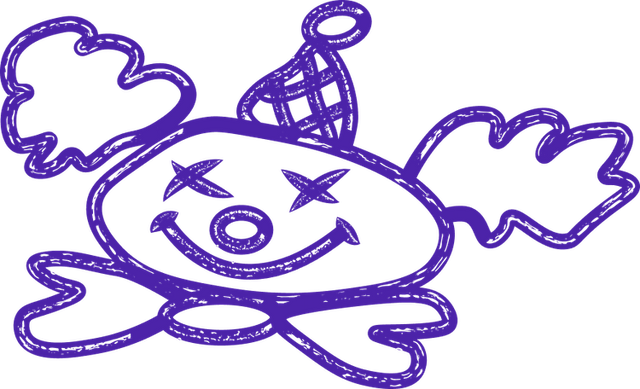
turing completeness
Unraveling Turing Completeness: The Backbone of Computational Theory
The concept of Turing Completeness emerged from Turing's seminal work on what he referred to as "a-machine" or "Turing machine". The Turing machine is an abstract model that encapsulates the logic of computation and provides a simple way to represent computational processes.
A system, language, or machine is considered Turing Complete if it can simulate a Turing machine. In simpler terms, if a system can perform any computation that can be described via an algorithm, given enough time and resources, it's said to be Turing Complete.
This idea is more than a theoretical curiosity. It forms the basis for understanding the capabilities and limits of what our computers, programming languages, and even the internet can do. Every general-purpose computer—from the smallest smartphone to the largest supercomputer—is a Turing Complete system.
Programming languages such as Python, Java, and C++, which are capable of implementing any algorithm you can dream of, are considered Turing Complete. This inherent versatility and universality is what makes them powerful tools in the hands of programmers worldwide.
Despite its power, Turing Completeness comes with its caveats. The Halting Problem, a well-known challenge in computer science, is an instance of a problem that no Turing Complete system can solve. This problem involves determining whether a given program will eventually halt or continue to run indefinitely—a question that, intriguingly, is undecidable in the general case.
In this digital age, the concept of Turing Completeness continues to hold immense relevance. It serves as a guiding principle in the design of new programming languages and computational systems, ensuring they possess the ability to simulate any computational process.
To end our exploration on a fun note, let's decode a little riddle related to our topic. What's the coding superhero that Turing Completeness could not exist without? Give up? It's 'Algorithm Man', navigating the computational labyrinth, turning complex problems into simple solutions, one step at a time!
Let’s build your next digital product — faster, safer, smarter.
Book a free consultationWork with a team trusted by top-tier companies.








